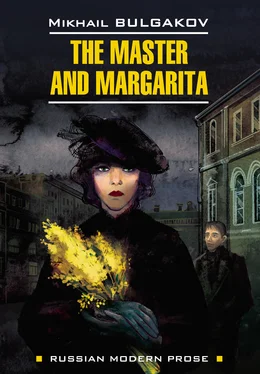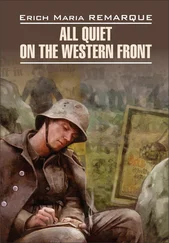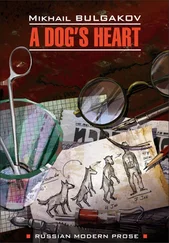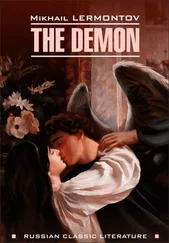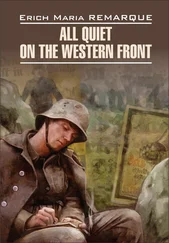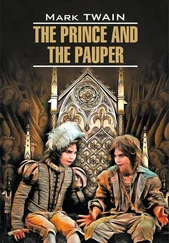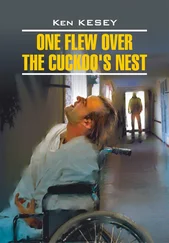Some strange thoughts surged into the head of the sick poet. “There’s an example of real luck…” At this point Ryukhin stood up straight on the back of the truck and raised his hand, for some reason attacking the cast-iron man who was harming no one. “Whatever step he took in life, whatever happened to him, everything was to his advantage, everything worked towards his fame! But what did he do? I don’t get it. Is there something special about those words: ‘Stormy darkness’? [186] Stormy darkness: The opening words of Pushkin’s poem of 1825 ‘A Winter’s Evening’. (Комментарий И. Беспалова)
I don’t understand! He was lucky, lucky!” Ryukhin suddenly concluded venomously, and felt that the truck beneath him had stirred. “That White Guard [187] White Guard – белогвардеец
– he shot, he shot at him, smashed his hip to pieces and guaranteed his immortality.” [188] White Guard… immortality: Pushkin died following a duel in January 1837 with Georges d’Anthès (1812-95), whose social position as the adopted son of an ambassador made him the pre-revolutionary equivalent of an anti-Bolshevik White Guard. (Комментарий И. Беспалова)
The column moved off. In no more than two minutes the poet, who was quite unwell and had even aged, was stepping onto Griboyedov’s veranda. It had already emptied. A party of some sort was finishing its drinks in a corner, and in its midst the familiar master of ceremonies was bustling about [189] to bustle about – суетиться
in his embroidered Asian skullcap [190] Asian skullcap – тюбетейка
and with a glass of Abrau [191] Abrau: Abrau Durso is a North Caucasian sparkling wine. (Комментарий И. Беспалова)
in his hand.
Ryukhin, laden with towels, was greeted cordially by Archibald Archibaldovich and immediately relieved of the accursed rags. Had Ryukhin not been so tormented at the clinic and on the truck, he would probably have taken pleasure in recounting how everything had been at the hospital and in embellishing the account with invented details. But now he had other things on his mind, and no matter how unobservant Ryukhin was, now, after the torture in the truck, he scrutinized the pirate acutely for the first time and realized that, though he might ask questions about Bezdomny and even exclaim “oh dear me!”, he was in actual fact completely indifferent to Bezdomny’s fate and did not pity him in the least. “Good for him too! Quite right too!” thought Ryukhin with cynical, selfdestructive malice, and, cutting his account of schizophrenia short, he asked:
“Archibald Archibaldovich, could I have a drop of vodka?” The pirate pulled a sympathetic face and whispered:
“I understand… this very minute…” and waved to a waiter.
A quarter of an hour later, Ryukhin was sitting in total solitude, hunched over some fish and drinking one glass after another, understanding and admitting that it was no longer possible to rectify anything in his life: it was possible only to forget.
The poet had used up his night while others had feasted, and now he understood that it could not be returned to him. He only had to raise his head from the lamp up to the sky to realize that the night was irrevocably lost. The waiters were hurrying, tearing the tablecloths from the tables. The tomcats darting up and down beside the veranda had the look of morning. Inexorably the day was falling upon the poet.
If next morning someone had said this to Styopa Likhodeyev: “Styopa! You’ll be shot if you don’t get up this very minute!” – Styopa would have replied in a languid, scarcely audible voice: “Shoot me, do with me what you will, but I shan’t get up.”
It seemed to him that he couldn’t open his eyes, let alone get up, because he only had to do so for lightning to flash and his head to be smashed to pieces at once. Inside that head a heavy bell was booming, brown spots with fiery green rims were swimming by between his eyeballs and his closed eyelids, and to crown it all, he felt nauseous, and it seemed, moreover, that this nausea was linked with the sounds of some importunate gramophone.
Styopa tried to call something to mind [192] to call something to mind – вызывать в памяти
, but there was only one thing that would come: that yesterday, there was no knowing where, he had apparently been standing with a napkin in his hand and trying to kiss some lady or other, while promising her that next day, and precisely at noon, he would pay her a visit. The lady had been declining this, saying: “No, no, I shan’t be at home!” – but Styopa had stubbornly insisted on having it his way [193] to have it one's way – настаивать
: “Well, I shall just go and turn up!”
Styopa had absolutely no idea who the lady had been, or what time it was now, or what day of what month – and worst of all, he could not understand where he was. He attempted to elucidate this last point at least, and to do so he unstuck the glued-up lids of his left eye. In the semi-darkness there was something shining dimly. Styopa finally recognized a cheval glass, and realized he was lying on his back on his bed – that is, on the former jeweller’s wife’s bed – in his bedroom. At this point he received such a blow on the head that he closed his eye and began groaning.
Let us explain ourselves: Styopa Likhodeyev, the Director of the Variety Theatre, had come round in the morning at home, in the very apartment he had shared with the late Berlioz, in a large six-storey building shaped like the letter pokoi [194] pokoi: This refers to the letter that in Russian script looks like this: П. Pokoi can also mean “peace, quiet”. (Комментарий И. Беспалова)
on Sadovaya Street.
It should be said that this apartment – No. 50 – had already long enjoyed if not a bad, then in any event a strange reputation. Just two years before, its owner had been the widow of the jeweller De Fougeré. Anna Franzevna de Fougeré, a respectable and very businesslike fifty-year-old lady, had rented out three of her five rooms to lodgers: one whose name seems to have been Belomut and another with a name that has been lost.
And then, two years before, inexplicable things had started happening in the apartment: people had begun disappearing from this apartment without trace.
One day, on a holiday, a policeman appeared at the apartment, summoned the second lodger (whose name has been lost) into the entrance hall and said that the latter was requested to drop into the police station for a moment to sign for something. The lodger asked Anfisa, Anna Franzevna’s devoted and longtime maid, to say, in the event of anybody phoning him, that he would be back in ten minutes, and off he went with the correctly behaved policeman in white gloves. But not only did he not come back in ten minutes, he never came back at all. Most surprising of all is the fact that the policeman evidently disappeared along with him as well.
The pious – or to put it more candidly, the superstitious – Anfisa came straight out and declared to Anna Franzevna, who was most upset, that it was witchcraft, and that she knew very well who had stolen away both the lodger and the policeman – only, with night approaching, she did not want to say.
Well, and witchcraft, as is well known, only has to start, and then you simply can’t stop it with anything. That second lodger disappeared, if memory serves, on the Monday, and on the Wednesday Belomut vanished into thin air – but under different circumstances, it is true. A car stopped by for him in the morning as usual, to take him to work, and it did take him away, but it brought nobody back, and it came back itself no more.
Читать дальше
